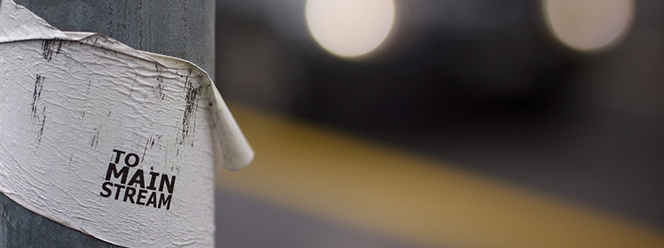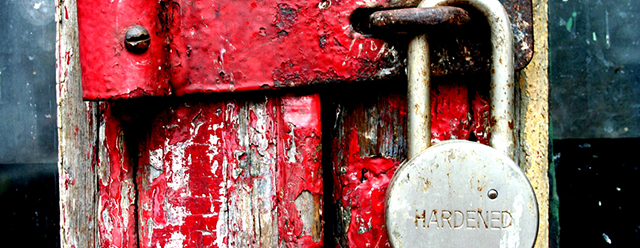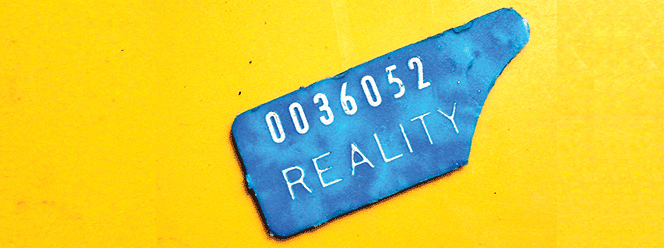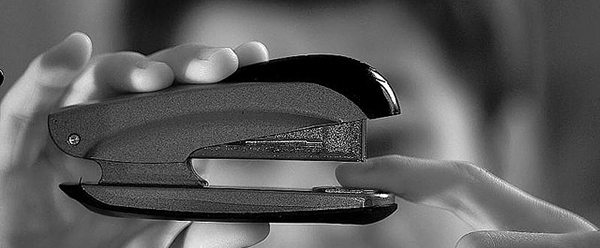
by Tara Joyce | Oct 11, 2016 | Cultural Creativity

We see people and things not as they are, but as we are. How aware we are informs what we see—and how we see it.
Ubuntu – I am because you are.
People who don’t seem to get it are seemingly everywhere. We find them in our families, at work, and in all areas of our public and private lives; and it can be painful and frustrating to watch them behave so unconsciously. Even though we know true separation from them is an illusion, it’s not hard to find ourselves feeling intolerant of them, wishing we could be free of them.
Yet, they are a part of our world. We can not avoid them. We will deal with them—whether we want to or not, and whether we can understand them or not. The people who don’t get it may not be able to see what we can see, yet their vision is essential. They, like us, are in their own process of awakening. The light we each shine has a major purpose, to make the darkness more apparent.
As we shed light on what they cannot yet see, they too shed light on the unconscious places within us. What triggers us about their ways of being are places for us to explore. Through making the unconscious conscious, we see ourselves more clearly. Holding them in the light of our own energy, we do our part to awaken their light—and our own.
photo credit: Thomas Leuthard

by Tara Joyce | Apr 26, 2016 | My Journey | What's On My Mind

Here’s a bit of my garbage… I have a tendency to attach to other people’s garbage.
I magnetize to the parts of people that they have decided have no value and have thrown away.
I can’t stand how their not responsible to these parts, and I determine someone needs to be.
And now their garbage has become mine. I’ve attached to it.
Except, I have my own garbage to manage. So, why do I think I have room to take on theirs? Being responsible to theirs, I can’t fully be responsible to mine.
I need the emotional space.
Other times with garbage, I like to think other people are responsible for the garbage in my life. I like to think I’m a victim of their littering and ignorance, their garbage creations.
When I’m not being responsible to the garbage in my life, when I’m blaming it on others, this action holds me back from being the complete person I am.
Taking responsibility for both the things I’ve made and the things I’ve wasted—my creations and my garbage—I change myself, and the world around me.
In owning my complete experience, I am free to be whole in my tragedy and in my joy. I can now acknowledge both my waste and my creations without shame.
In creating space for own my handiwork, both its darkness and light, I create space for others to own theirs. Magically, my garbage problem disappears.
photo credit: habeebee

by Tara Joyce | Nov 11, 2015 | Self/Business Growth

We, as humans, have a tendency to use our mind to negate our emotions. We use our mind as a tool to abandon how we feel.
I know, personally, I often use my mind to abandon my negative feelings, especially when they are directed at someone I love. In these moments, I’d rather pretend the feelings aren’t there… than explore why they are. The result of doing this, of locking up my sensitives in my logical mind, is that I disown my feelings and my emotional needs.
For some of us, we negate our feelings or emotional needs because we feel the expression of them is dangerous. Our emotions feel too vulnerable and the sharing of them feels to risky. Rightfully, risks are present when we share our most vulnerable self — but hiding our feelings from others is far more dangerous. For it leads us to mask our feelings, not only for others, but from our self. Rather than feel what we feel, we learn to abandon ourselves emotionally. We learn to negate what we feel and to lock it up in our mind. This lack of emotional self-awareness, and this mental overemphasis, further disconnects us from our self — and others.
We owe it to our emotional self to break our cycle of self-abandonment.
Emotional self-abandonment may feel safer — but it is no less painful than our own emotional truth — and it is all the more detrimental. For in not being present to our selves, we become slightly lost.
However, by acknowledging our logical desire to negate our feelings, we begin to break this cycle. Simply in seeing our abandonment, we cease our pattern of turning our back on our feelings. For recognizing our neglect enables us to be present to our emotional self once again, and within this awareness, we find we no longer need to leave any part of ourselves out again.
photo credit: gingher

by Tara Joyce | Oct 27, 2015 | My Journey | What's On My Mind, Self/Business Growth

Despite how we talk about it, reality isn’t one thing. One stream. One truth. Reality is defined and designed by you, the individual. And, by design, you get to decide how “real” you want your reality to be.
You are given the possibility, and the imperative, of being able to bring into reality the things that are truly real, and truly healing for you.
If you decide that your reality is full of lies and half-truths—or even a casual ignoring of the truly real—then this is your reality. Your detachment from your truth is a critical aspect of your reality.
What is real anyway? Perhaps what’s truly real is what feels most like our authentic truth.
This is my desire: for anything other than my truth to be the uncomfortable place. I want to learn to sit comfortably uncomfortable in the beauty and messiness of my truth. I want to feel that anything less than it is a trap I am creating for myself. For I know — and have learned — inevitably, the truth will catch up with me. I can’t outrun it, though I can deny it. Yet no matter where I look, it will still be there.
The denying of our truth adds pressure and pain to our lives. It’s the pressure to re-frame everything; to re-frame our reality so that it painfully fits into the limited perspective we’ve deemed acceptable. It’s a carefully crafted noose that will eventually hang us.
Instead, why not bring into reality the things that are truly real, and truly healing for you? Trust it’s your imperative as its designer.
photo credit: Alison J-B

by Tara Joyce | Apr 15, 2015 | Self/Business Growth

Do you ever get so addicted to the pain of something that you don’t want to break out of it? Have you ever felt so much pain and so consistently that you start to feel you deserve it — that it’s meant to be there? Have you ever stayed with your pain — not changing it, not empowering yourself?
When we do this, we make ourselves a victim of our pain. It’s selfish in the end. We’re so overwhelmed by our feelings of despair and unfairness that we forget our responsibility… to our self and others. We forget our responsibility to care about people and things outside our pain, including ourselves.
Our pain matters. It has a point. Its value lies in how we acknowledge it, learn from it, and grow from it. It is not something for us to simply accept and live with. We’ve got to have compassion for our Self. We’ve got to push for our joy.
photo credit: LL Twistiti










